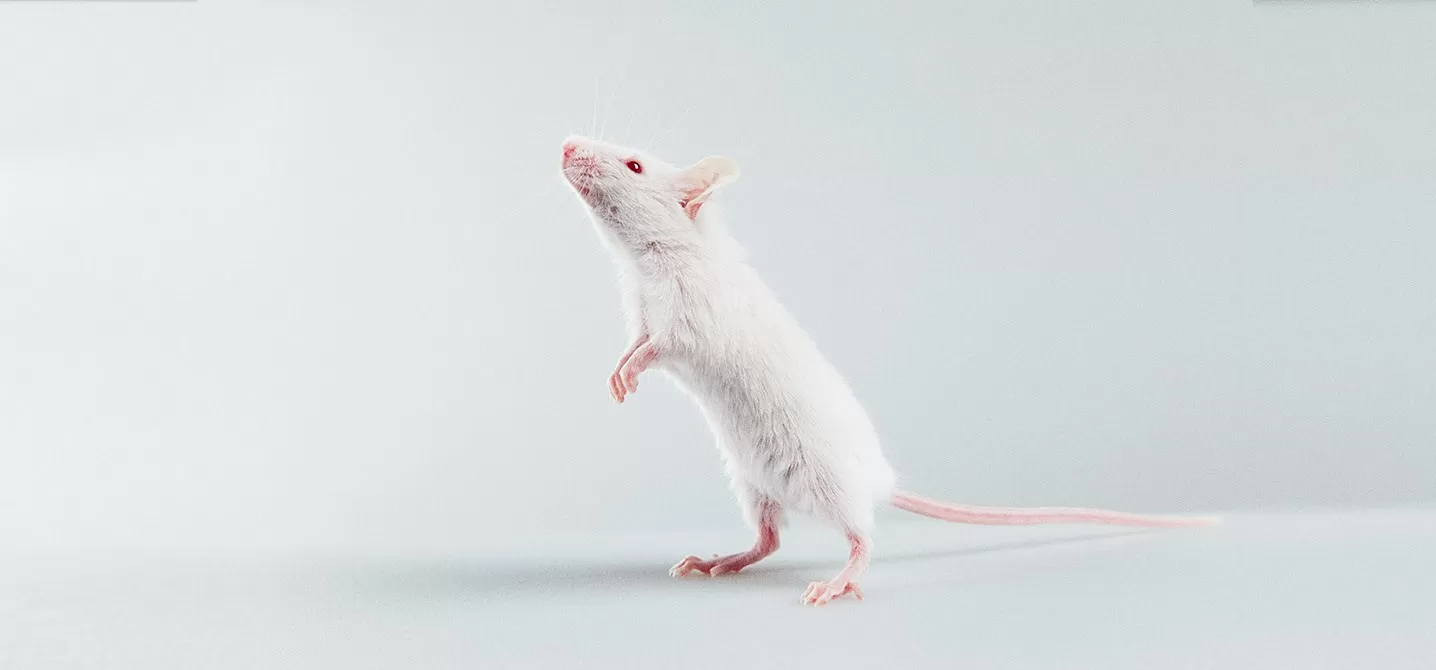Of Mice and Rett: Novel Therapeutics & Community Support

You -- the parents, grandparents, and families of children with Rett Syndrome -- know more than anyone the devastation that Rett brings and the frustration of not having medications to address the onslaught of symptoms your child faces every day. While I don’t have a child with Rett, I am more eager and committed than ever to use my experience in drug development and clinical trial design to change the lives of all who struggle with this terrible disorder.
Numerous clinical trials for Rett are underway now, and given the remarkable progress that research is making, made possible by the many families that fundraise, I am anticipating an increase in the number of clinical trials in the coming years. That’s why I’ve decided to author a series of blogs to address common questions and concerns about clinical trials, and hopefully provide a venue for families and researchers to engage in productive dialogue. The goal is to help the Rett community make informed and thoughtful decisions.
Those who were part of the Rett community in 2001 may remember the announcement of “Rett mice,” mice that exhibit many common features of Rett Syndrome. Efforts to date, often promoted, fostered and funded by the Rett community, have largely focused on identifying drugs that improve these symptoms. Some have shown varying degrees of efficacy in mice and, although a far cry from a cure, may have the potential to improve quality of life for individuals with Rett.
The next stage of therapeutic development will need to answer the question: do improvements in mice translate to improvements in people? This stage will require the Rett community not only to fundraise, but also to actively participate in clinical trials. Participation places a significant burden on families, requiring a considerable investment of time, effort and finances.
While considering trial enrollment, numerous families have requested my advice. Should they participate? If so, which trial? Future blogs will provide greater detail, but the initial focus will be on some factors to consider when evaluating clinical trials. Although we do not yet know how effects in mice will predict benefit in your children, it is possible to assess scientific quality of the mouse data through use of two simple questions: 1) Have the full set of mouse data been published in a peer-reviewed journal? And, 2) Have the efficacy results been replicated in an independent laboratory? While not a guarantee of scientific integrity, confidence is increased if the answer to both questions is “yes.”
Optimal study design for trials in rare diseases such as Rett Syndrome will be another major topic for discussion. Although parallel-group, placebo-controlled clinical trials are the gold standard for conclusive definitions of drug safety and efficacy, this design is typically not optimal for initial “learning” studies of novel therapeutics in Rett Syndrome.
Additional blog topics will include trial designs that maximize learning and advance understanding of how to best treat individuals; the role of FDA; and the ethics of drug development in Rett Syndrome. I expect some of the topics may be viewed as provocative and possibly reveal more questions than answers. Nevertheless, I hope to stimulate valuable and thoughtful discussions for families, researchers and clinicians, and to better inform the Rett community.


